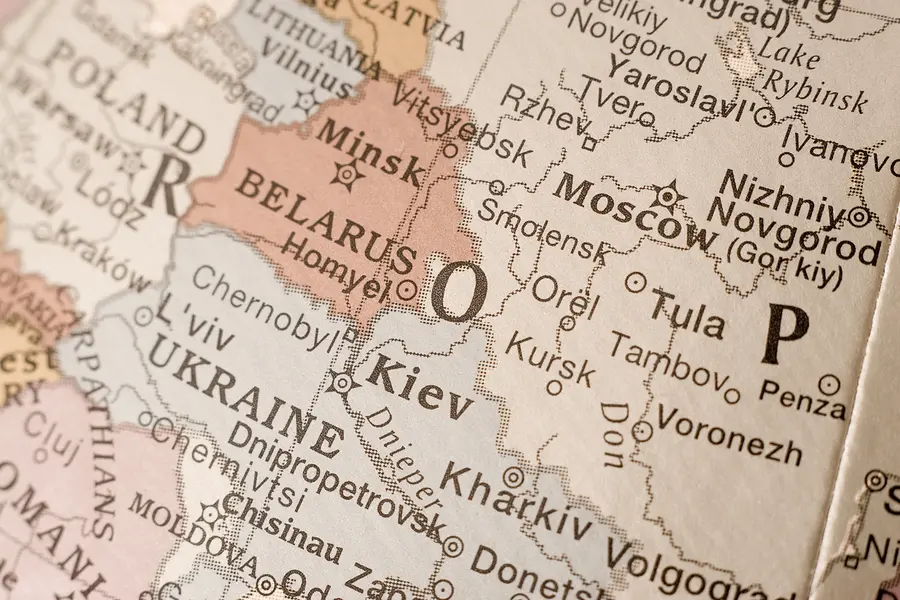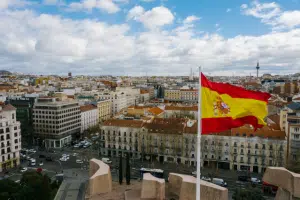In an attempt to tackle inflation, Russia central bank has raised its key interest rate from 8% to 9.5% as it is hit by economic sanctions and a weak rouble.
In a move that was a 1.5 percentage point increase rather than the largely expected 0.5 percentage points that had been forecast the Russian central bank has yet again raised interest rates after it knocked them up earlier in the year from 5.5% but that move failed in its attempt to combat inflation and so a more drastic measure has been taken.
A ban on Western food imports, a retaliatory measure put in place after the economic sanctions from the European Union and United States came into place, has not helped inflation either with inflation reaching 8.4% and the Central Bank saying it will be above 8% until the end of March.
“If external conditions improve, and a persistent trend for lowering inflation and inflation expectations emerges, the Bank of Russia will be ready to start to ease its monetary policy,” the central bank said.
Economic growth in Russia is expected to slow dramatically in the final quarter of the year and the first of the following and so the economic policy now put in place will be scrutinised in minute detail as it is vital to Russia’s future well-being. After this latest announcement the rouble firmed briefly.
Russia has been suffering from economic sanctions since its conflict with Ukraine began earlier in the year as the international community took steps to show their displeasure. However, its recent agreement with Ukraine to continue to supply it gas will not only bring a boost to the country’s finances but could also signal an easing to the tensions which will make the European Union and America far more likely to consider easing restrictions. In a deal worth around $4.6 billion (£2.87 billion), Russia has agreed to continue supplying Ukraine with gas through the winter period.
Brokered by the European Union (EU), the package sees the EU acting as a guarantor for Ukraine after gas supplies were initially halted for late payments after Russia scrapped subsidies given to Ukraine for importing gas. As such, prices sharply rose and Ukraine fell behind on payments.
Another blow has been the accusation from the European Union that Russia is levying higher-than-permitted tariffs on a range of goods including paper, palm oil and refrigerators against them and this dispute has been launched with the World Trade Organisation. This is the fifth case between the European Union and Russia that has been brought to the World Trade Organisation.
For more information on incorporating in Russia visit https://www.openaeuropeancompany.com/countries/russia/company-formation/ and for more on Ukraine click on https://www.openaeuropeancompany.com/countries/ukraine/company-formation/
For further information on either or on immigration & incorporation anywhere else in Europe email us at info@openaeuropeancompany.com


